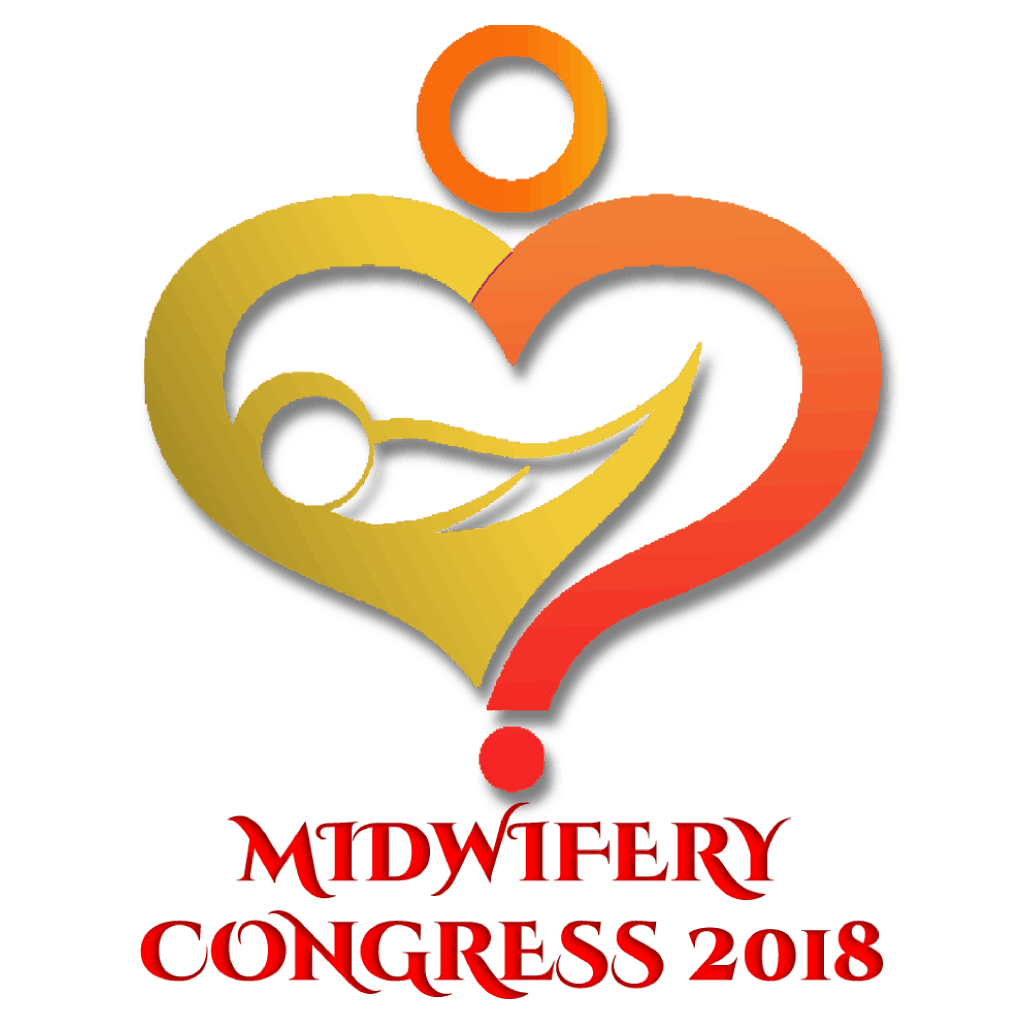
Pan Huang
Work at West China Second University Hospital
Title: Individual antenatal breastfeeding education and postnatal lactation support strategies for improving rates of exclusive breastfeeding: randomised controlled trial
Biography
Biography: Pan Huang
Abstract
Objectives To study the effect of an individualized intervention on breastfeeding behavior. Evaluation the effect of behavioral intervention on maternal breastfeeding.
Methods This study is a randomized controlled trial. Random number table was used to randomly assign the subject. Intervention methods: For the intervention group, the researchers used questionnaires to understand the subjects and analysis the existing problems at the time of admission. Meanwhile, the researchers provide personalized intervention by face to face. After delivery, the researchers targeted and personalized guide mothers to breastfeed. Researchers monthly ask for details of breastfeeding situation and existing problems and give guidance by telephone follow-up after maternal hospital discharge to postpartum 4 months. For the control group, conventional breastfeeding education was given by the hospital staff. Results We recruited 352 women from August 2016 to December 2016, of whom 176 were randomised to innervation group, 176 to control group. Two groups of subjects had no statistical difference in the baseline data (P > 0.05). By the chi-square test and t-test, two groups of breastfeeding rate is statistically significant, the exclusive breastfeeding rate of intervention group is higher than the control group at discharge from hospital and at postpartum 4 months; Intervention group is lower in add milk and used bottles compared with the control group, the difference is statistically significant; Related behaviors such as breastfeeding on-demand lactation, feeding times, add milk were different between the two groups (P < 0.05). Compared with control group, the intervention group increased maternal satisfaction (P < 0.05) and baby satisfaction (P < 0.05). Conclusion The combination of prenatal and postnatal personalized behavior intervention can change the breastfeeding behavior, and effectively improve the rate of exclusive breastfeeding. The personalized behavior intervention can enhance maternal and infant satisfaction.

